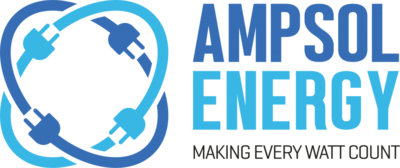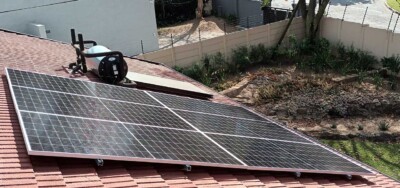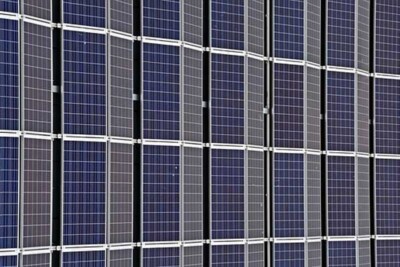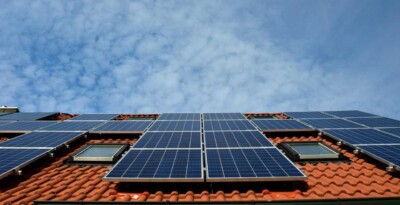Although Africa seems to be behind the rest of the world in the adoption of new technology, there are a few instances where we have “leapfrogged” the traditional technology!
One of these instances is the mobile telecoms infrastructure, where there were no fixed lines previously, we now have the same availability of communications as used everywhere in the world.
The next logical extension is the localized production of electricity in the form of micro-grids.
There are a few successful micro-grids powered by solar with battery storage that are completely independent of the national grid. All the houses draw from a common battery bank which is powered by a solar array.
Since all systems are scalable, there could be a possibility of taking a section of the Sahara Desert, which has the potential to produce enough solar energy to meet the entire worlds demand and cut out the burning of fossil fuels.
This brings me to another point, with the adoption of electric vehicles (EV’s), we are going to need a lot more electricity.
Where is that going to come from in a country like South Africa?
With Eskom as it is now, I do not think it will have the capacity to generate enough power for the increased demand that EV’s will place on the already strained national grid.
This brings me to my final point…
The future is for everyone to generate and store their own power.
With ever increasing power output, and decreasing cost of solar panels, this can be a reality.
We can store excess power from our roof top solar in static batteries, and then charge up our EV’s in the evening, or vice versa, use the power from our EV’s to power the home.
It’s the legislation and execution and finance model that works best.
With not having to pay electricity bills and petrol, this model seems more and more attractive!
Just something to think about, but those are my views for the future.
Please visit www.ampsol.co.za for any enquiries.
(Copyright) John Airth (2020)



